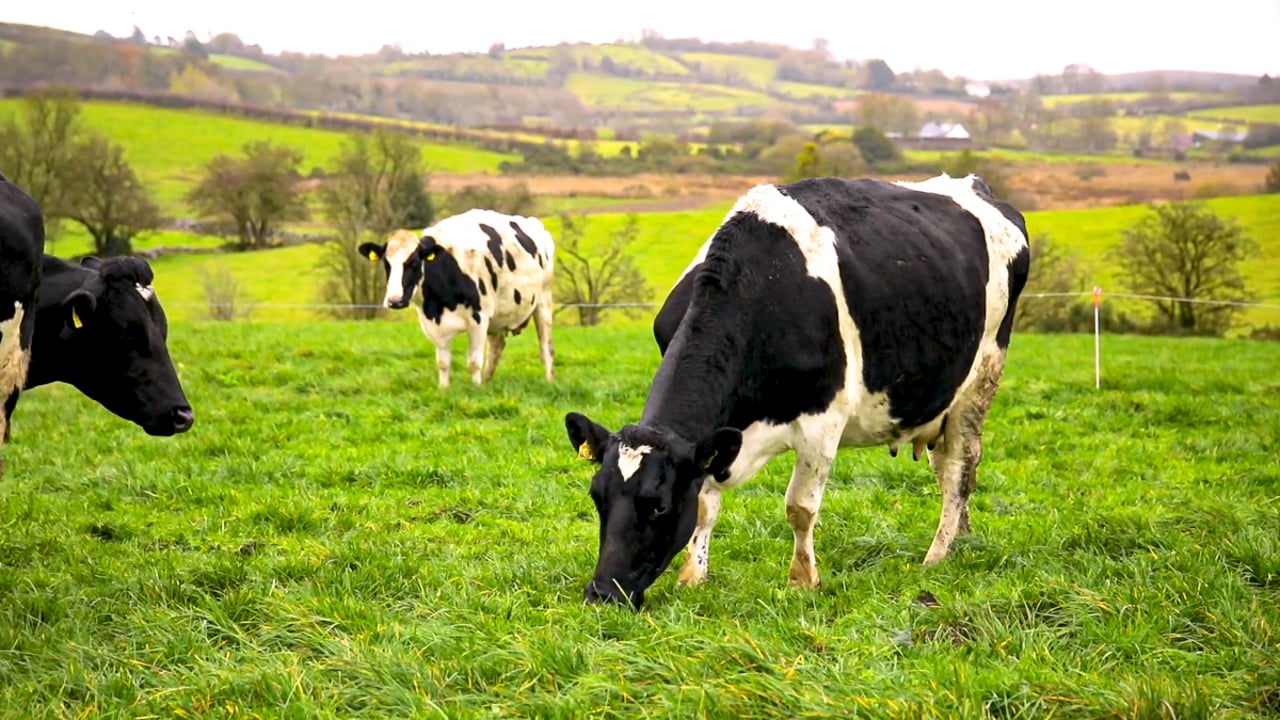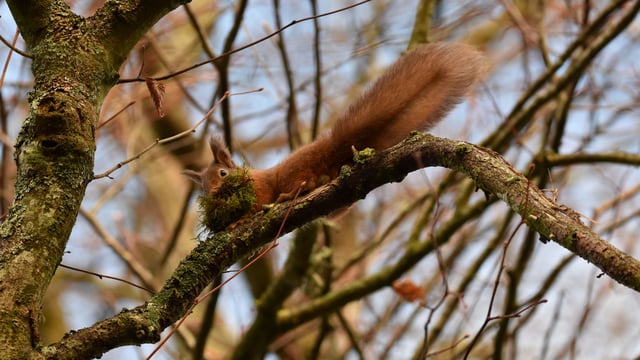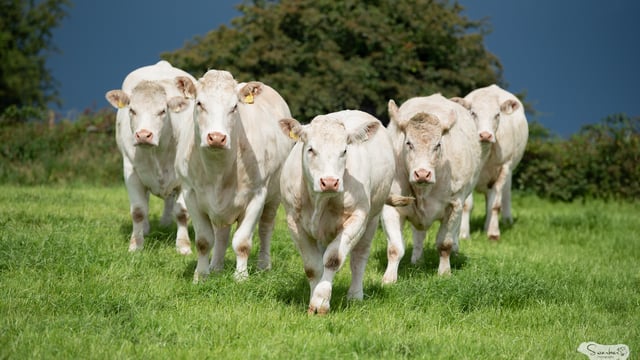Carbon budgets on three-day agenda at Oireachtas committee
Ireland's first-ever carbon budgets, for the period up to 2025, are the focus of a three-day discussion at the Joint Oireachtas Committee on Environment and Climate Action (JOCECA) this week.
Published in October 2021, the carbon budgets were referred to the JOCECA in December 2021 by the Minister for the Environment, Climate and Communications, Eamon Ryan. At the same time, the minister opened a period of public consultation on the proposals, with submissions being accepted until February 8, 2022.
Today (January 12) marks day two of the JOCECA which will hear from Prof. John Sweeney from Maynooth University; Profs. Barry McMullin and Paul Price from Dublin City University; and Prof. Kevin Anderson from the University of Manchester.
Tomorrow, the Irish Farmers' Association will be present at the third and final meeting this week.
These carbon budget stakeholder meetings precede a JOCECA meeting with senior civil servants in selected government departments next week.
On day one, yesterday (January 11), representatives of the Climate Change Advisory Council (CCAC) were present at the JOCECA including Prof. Brian Ó Gallachóir, University College Cork (UCC); Dr. Hannah Daly, UCC; Dr. David Styles (University of Limerick); Trevor Donnellan and Dr. Kevin Hanrahan from Teagasc; Prof. Lisa Ryan, University College Dublin; Patricia King (ICTU), Prof. Peter Thorne (MU), along with chair of the CCAC, Marie Donnelly.
In his opening statement, Prof. Ó Gallachóir, who is one of 15 individuals from the CCAC to sit on the Carbon Budget Committee outlined the process involved in the development of Ireland's first carbon budgets.
The CCAC agreed in March 2021, he explained, to establish the Carbon Budget Committee to provide recommendations for carbon budget proposals prior to the council's final submission to government.
The committee met more than 15 times between March and September 2021 and drafted its carbon budgets based on criteria set out in legislation, namely the Climate Action and Low Carbon Development Act and the Climate Action and Low Carbon Development Amendment Bill.
"In addition, the committee also considered the implications for energy use and supply, for agriculture and land-use, alignment with EU policy and with the Paris Agreement, and the economic and societal implications of the carbon budgets."
But, Prof. Ó Gallachóir said he was confident that the carbon budgets proposed by the council represent the optimum balance between the various obligations they were required to consider by the Climate Act.
He explained that the committee drew on analysis in the form of modelling results, technical papers and presentations that were prepared for the committee on a range of topics relevant to the formation of the carbon budgets, namely the:
The committee also considered the recently published IPCC working group report, the latest Environmental Protection Agency (EPA) GHG emissions projections and the latest available information regarding mitigation technologies and costs.
"The ambition mandated by the legislation represents a significant step change beyond current climate mitigation policies and measures," he said.
"The carbon budgets were developed and proposed during 2021 - in year one of the first carbon budget period. We are now in year two," he said.
Committee chair, Deputy Brian Leddin said the JOCECA looks forward to engaging with the stakeholders to discuss the process and research that was taken into account when forming the carbon budgets.
Tomorrow, (January 13), the meeting will hear from representatives of the National Economic and Social Council, Chambers Ireland, the Irish Congress of Trade Unions, Social Justice Ireland, The Environmental Pillar and the Irish Farmers' Association (IFA).





